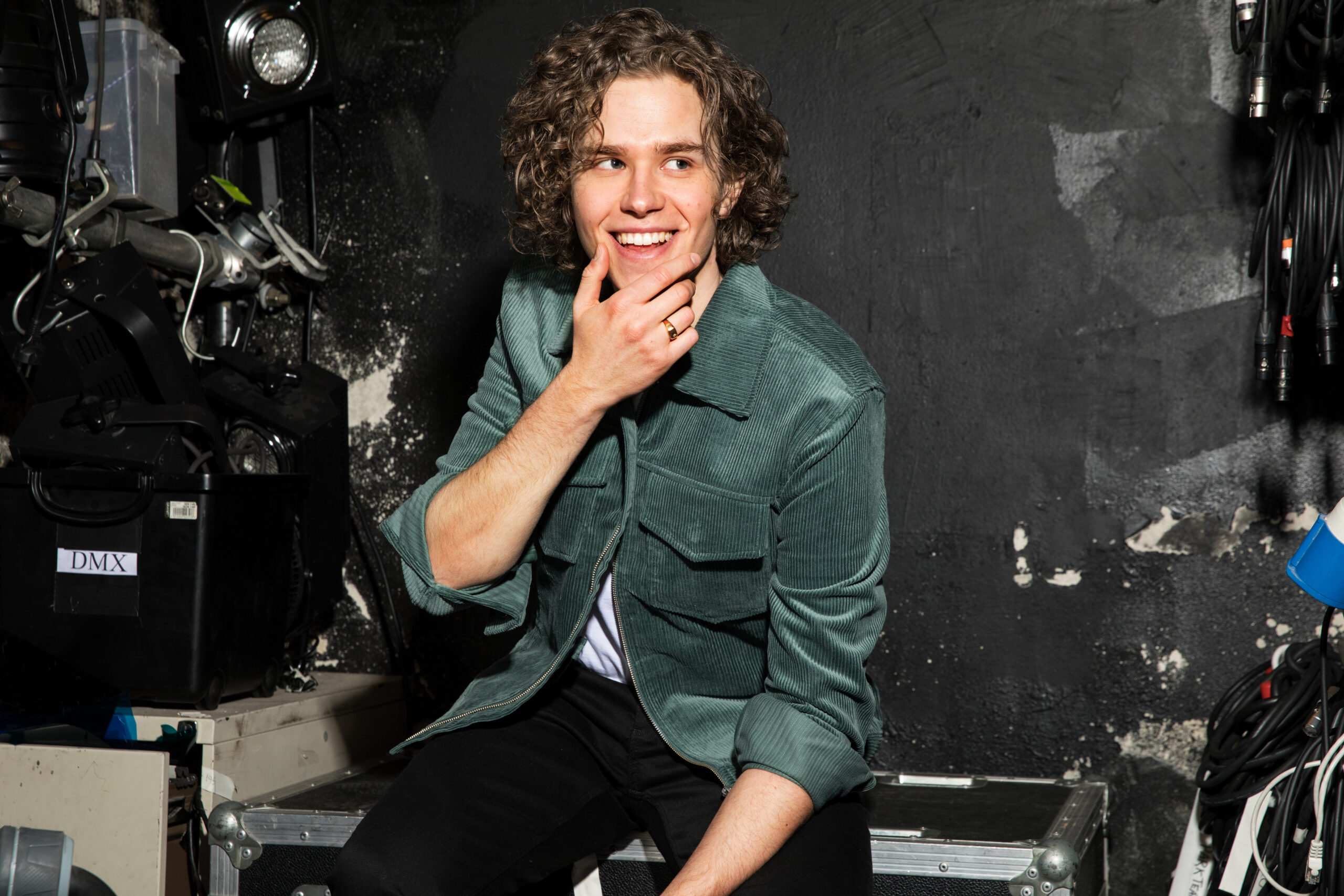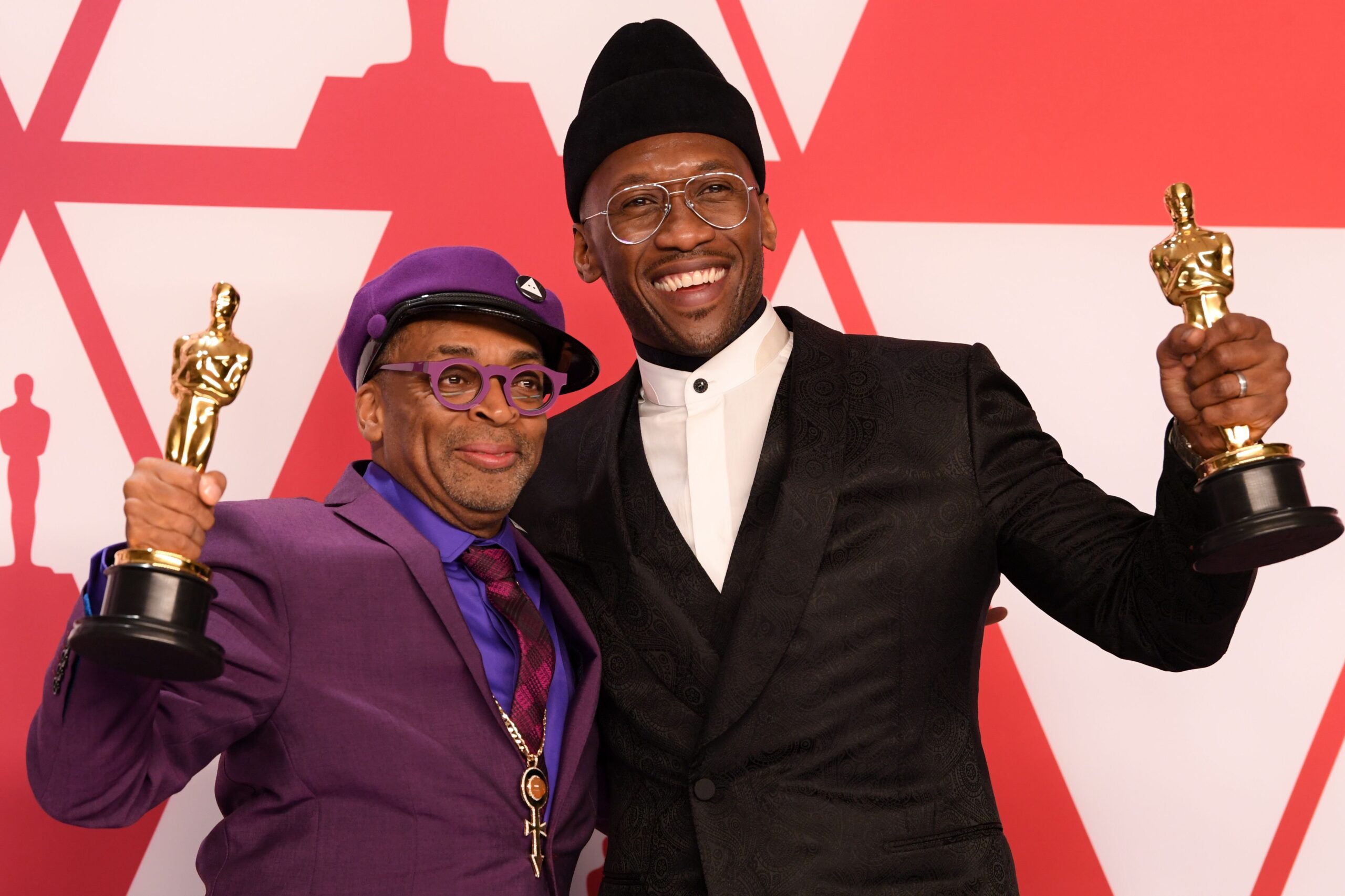
Actress Sharon Stone arrives for amfAR's Inspiration Gala Los Angeles, in Los Angeles
Chris Pizzello/AP/Shutterstock
Over the weekend, The New York Times Times shared an interview with actor Sharon Stone, and it touched upon her long career in Hollywood and her forthcoming memoir, The Beauty of Living Twice.
Set for publication on March 30th, the memoir covers Stone’s 63 years of life, from a difficult childhood in Meadville, Pennsylvania to studying creative writing as an undergraduate prodigy at 15 and then through four decades working in the film industry. But the central event of the book is a stroke and brain hemorrhage she suffered in 2001, an event that transformed her life and her career.
The Ratched star didn’t make it to a hospital until days after her first symptoms, and had a slim chance of survival. But even after doctors had managed to save her, she had a long road ahead of her.
At the age of 43, she was forced to take a hiatus from acting. She also took out a mortgage on her house to pay her bills, and had to fight for years to rebuild her career as part of what Stone characterizes as her “second life.”
A Massive Stroke Changed Sharon Stone Forever | Life Stories by Goalcastwww.youtube.com
Unfortunately, that’s not the only medical transformation she experienced around that time. The same year she suffered her stroke, Stone underwent surgery to remove some large, benign growths from her breasts. But when she woke up from the procedure, she found that her surgeon had done something she’d never consented to.
“When I was un-bandaged, I discovered that I had a full cup-size bigger breasts, ones that he said ‘go better with your hip size,'” Stone said. It’s not uncommon for women who have lumps removed to receive reconstructive implants to maintain the shape and size of their breasts, but Stone’s surgeon apparently felt that he was a better judge of what size of breasts Stone should want than she was herself.
As Stone put it, “He had changed my body without my knowledge or consent … [he] thought that I would look better with bigger, better boobs.” Was this how that surgeon normally operated? Making aesthetic decisions for his clients based on his own standards? Or did the fact that she was a Hollywood actress change his approach?
From paparazzi taking low-angle shots of celebrities in skirts, to leaked sex videos and phone hacking, there is a disturbing tendency in our culture to treat the bodies and privacy of famous people — especially women — as if they somehow belonged to the public. Maybe Stone’s surgeon felt entitled to make such an incredibly personal decision for her because he saw her more as her “sex symbol” than as a patient or a person.
Emma Watson talks about being violated by paparazzi on her 18th birthdaywww.youtube.com
Maybe he thought of himself as “improving” on that abstract concept, like someone photoshopping a magazine cover. Maybe his professional ego was drawn to the idea of people around the world ogling his handiwork in movies and photo shoots. Or maybe he was as much of a paternalistic creep with all his female patients — making decisions on their behalf without concern that they might have their own preferences or, you know, agency over their own bodies.
In either case, the incident is hardly the only time Stone has had her bodily autonomy compromised. She recently recalled a producer pressuring her to have sex with her co-star in order to increase their on-screen chemistry, telling her that back in his acting days, he had “made love to Ava Gardner on screen and it was so sensational!”
While Stone didn’t refer to the producer by name, it didn’t take long for people to connect the dots and point to Robert Evans, who starred in the 1957 adaptation of The Sun Also Rises alongside Gardner, and produced 1993’s critically panned erotic thriller, Sliver, starring Sharon Stone and Billy Baldwin.
Thankfully, Stone was not so easily persuaded. As she put it, she “felt they could **** him themselves and leave me out of it,” adding, “it was my job to act and I said so. This was not a popular response. I was considered difficult.”
Still, as disgusting as that moment was, according to Stone’s account of both her own experiences and what she’s heard from others, it was far from singular. In fact, it may not even be the worst of Stone’s sampling of Hollywood misogyny. For that distinction, it’s worth considering what she went through for her most iconic role — Catherine Trammel in 1992’s Basic Instinct and its 2006 sequel.
After working to combat the sense that she was not worth casting because she was not “****able” and even posing for Playboy to change that perception, Stone had finally landed the part of a lifetime. But in the film’s most iconic moment, Stone had no idea what was really going on.
That famous moment — when she uncrosses, then recrosses her legs, flashing a view of her naked crotch to a roomful of police in the midst of her interrogation — was not at all what she’d been led to believe was happening. According to Stone, director Paul Verhoeven had told her that the effect would be achieved through implication and that the audience would never actually see up her skirt, but that she had to take off her underwear because the reflection of the white fabric was ruining the effect.
She didn’t discover the lie until she saw an early screening of the film in a room full of strangers, who subsequently saw her genitals projected across a 50 foot screen. Stone says she slapped the director across the face for lying to her, but ultimately chose not to contest the shot’s inclusion “because it was correct for the film and for the character.”
Basic Instinct scenewww.youtube.com
As for the sequel, Stone told Vogue that director Michael Caton-Jones required that she “sit on his lap each day to receive his direction, and when [Stone] refused he wouldn’t shoot [her].”
That was a little over a decade before the revelations of the MeToo movement began to unfold in Hollywood. Stone writes of that reckoning in her new book, “I know that all of these women and men who have been harassed, been raped, had their jobs held for ransom, and been sexually tormented deserve their day in court. I know that to be true.”
Coming from that context, the idea of a surgeon deciding that he can just give a patient larger breasts because he thinks they will “look better” almost seems normal. But it is further evidence that the revelations of the MeToo movement cannot be confined to the entertainment industry alone.
It’s a dramatic example of the way our society continues to view women and other marginalized groups as less human and less deserving of autonomy. Whether discussing rape, abortion, coercion, the carceral state, or a surgeon who feels justified to alter his patients’ bodies without their consent, we have only begun to face the ways in which structures of oppression are enacted and upheld.
There’s a long road ahead, but without people like Sharon Stone who are willing to speak up, progress wouldn’t be possible.
- Hayley Sales & Sharon Stone Collaborate on “Never Before” – Popdust ›
- Sharon Stone’s Family Ravaged by COVID, Trump’s Mishandling … ›













